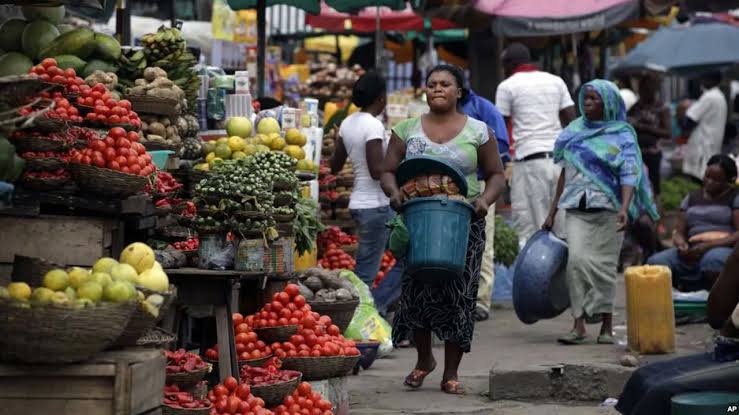Nigeria’s business confidence strengthened further in September 2025, with the Current Business Performance Index climbing to 107.9 points from 107.3 points in August, according to the NESG–Stanbic IBTC Business Confidence Monitor (BCM).
The report shows that firms have remained in the expansion zone since December 2024, underscoring optimism across sectors despite persistent structural bottlenecks. On a year-to-date basis, business performance between January and September was 20 index points higher than in the same period of 2024, reflecting resilience in Africa’s largest economy.
Agriculture rebounds strongly
Agriculture staged a sharp rebound, with its BCM Index rising from 95.6 points in August to 107.3 points in September, driven by bumper harvests, favourable rainfall, and government input support. All five sub-sectors—crop production, forestry, livestock, fishing, and agro-allied industries—recorded gains. Crop production and forestry swung from contraction into expansion, lifting confidence across the sector.
Manufacturing maintained expansion but lost momentum as its BCM Index slipped to 102.5 points from 106.2 in August. Weakness in food, beverage and tobacco, cement, plastics, wood, non-metallic products, and pulp and paper—industries that make up more than seventy-five percent of total manufacturing output—dragged the index lower.
Firms cited erratic electricity supply, surging diesel costs, raw material shortages, and multiple taxation as key obstacles limiting profitability and competitiveness.
Services sustain momentum
The services sector posted the strongest performance, rising to 108.5 points in September from 103.7 in August. Gains in financial services, ICT, and logistics, supported by moderating inflation and a relatively stable exchange rate, boosted the index. The sector continues to anchor GDP growth and employment, offsetting weaknesses in manufacturing.
The BCM also recorded marginal gains in investment, exports, access to credit, and prices, pointing to gradual improvement in capital formation and trade sentiment. Input cost moderation suggested a potential easing of inflationary pressures.
However, the report cautioned that fragile structural conditions—including high financing costs, policy uncertainty, insecurity, and unreliable power supply remain drags on business expansion.
The National Bureau of Statistics recently reported that GDP grew by 4.23 per cent year-on-year in the second quarter of 2025. Agriculture expanded by 2.82 per cent in the quarter compared with 2.60 per cent in the same period last year and 0.07 per cent in the previous quarter, reinforcing signs of a sectoral turnaround.





